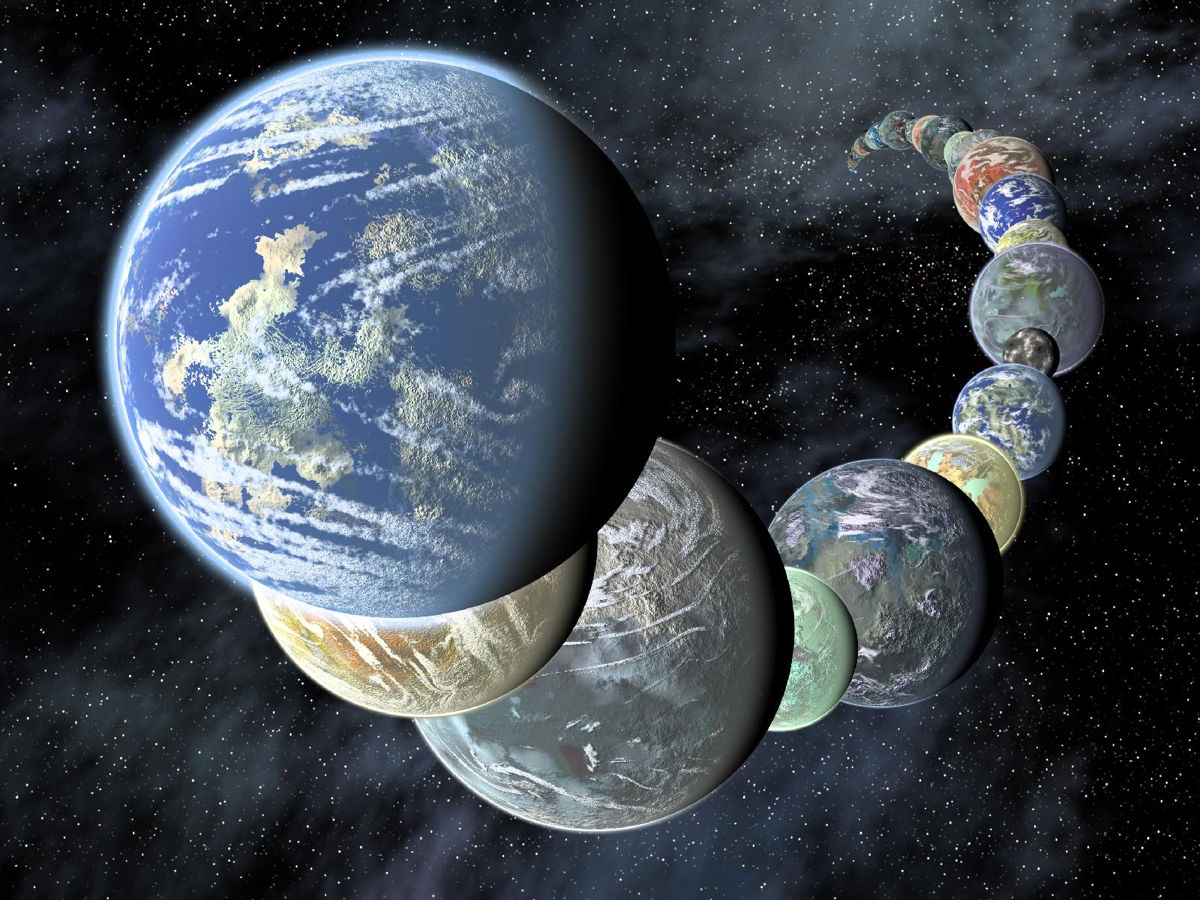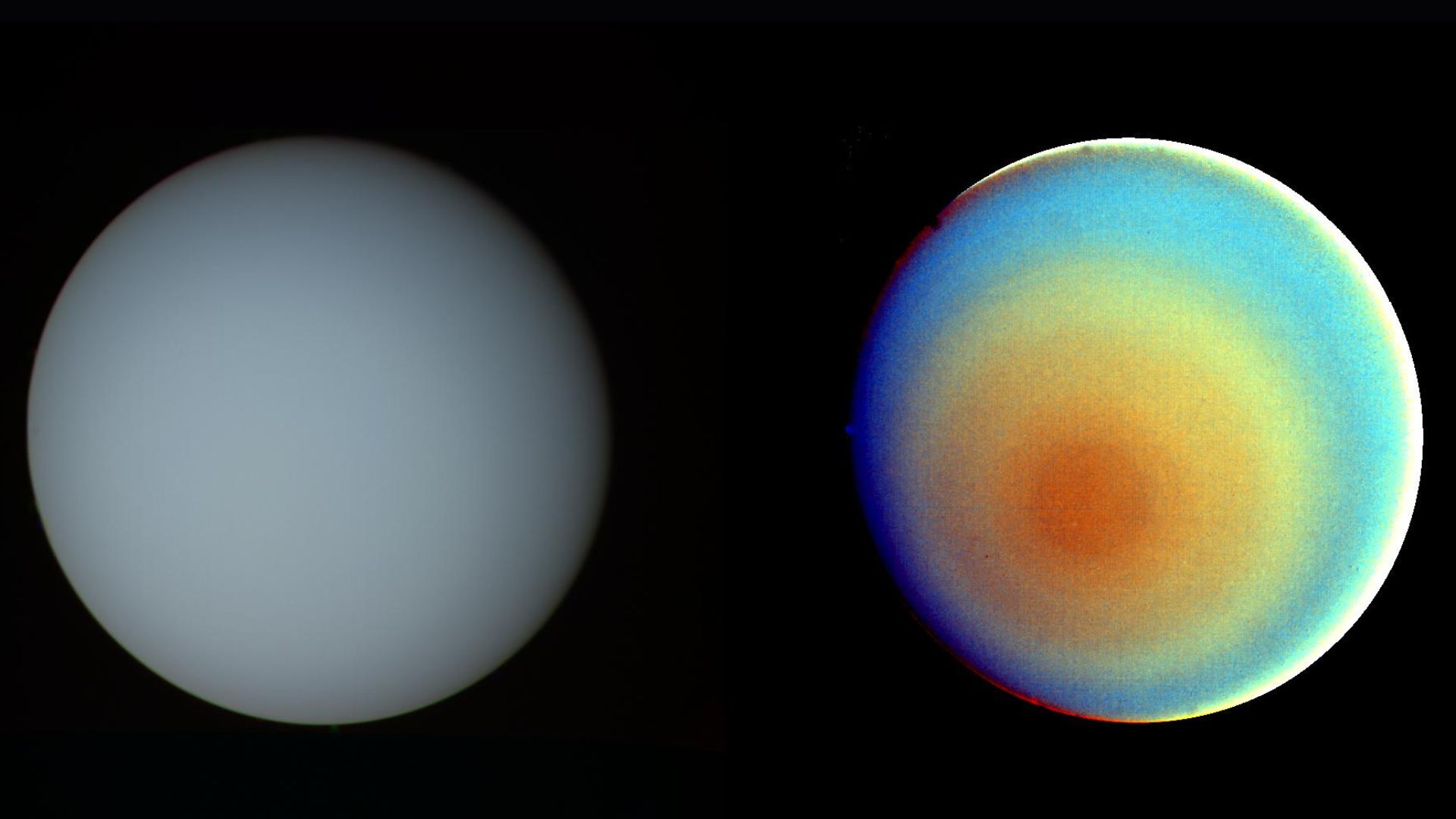'Super Bowl of Astronomy' Kicks Off in Southern California

Get the world’s most fascinating discoveries delivered straight to your inbox.
You are now subscribed
Your newsletter sign-up was successful
Want to add more newsletters?

Delivered Daily
Daily Newsletter
Sign up for the latest discoveries, groundbreaking research and fascinating breakthroughs that impact you and the wider world direct to your inbox.

Once a week
Life's Little Mysteries
Feed your curiosity with an exclusive mystery every week, solved with science and delivered direct to your inbox before it's seen anywhere else.

Once a week
How It Works
Sign up to our free science & technology newsletter for your weekly fix of fascinating articles, quick quizzes, amazing images, and more

Delivered daily
Space.com Newsletter
Breaking space news, the latest updates on rocket launches, skywatching events and more!

Once a month
Watch This Space
Sign up to our monthly entertainment newsletter to keep up with all our coverage of the latest sci-fi and space movies, tv shows, games and books.

Once a week
Night Sky This Week
Discover this week's must-see night sky events, moon phases, and stunning astrophotos. Sign up for our skywatching newsletter and explore the universe with us!
Join the club
Get full access to premium articles, exclusive features and a growing list of member rewards.
Thousands of scientists have flocked to Southern California for the biggest gathering of astronomical minds of the year, a meeting that organizers have dubbed the "Super Bowl of Astronomy."
Nearly 3,000 scientists are expected at the conference, which will mark the 221st meeting of the American Astronomical Society. This year, the annual space conference is being held at the Long Beach Convention and Entertainment Center in Long Beach and runs in earnest from Sunday to Thursday (Jan. 6 to 10).
"Our winter meeting is generally about twice as big as our summer one and is the biggest astronomy meeting of the year," AAS meeting spokesman Rick Fienberg said.
While scientists will attend the AAS meeting from all over the world to discuss the latest space discoveries, NASA will unveil its newest findings from space telescopes probes across the solar system.
"NASA scientists will present new findings on a wide range of astrophysics topics," space agency officials wrote in a press announcement Friday (Jan. 4). NASA is expected to discuss "a new video of a rapidly rotating neutron star, the latest images of the supernova remnant Cassiopeia A, and the most detailed "weather map" of a brown dwarf star," officials added.
SPACE.com's Clara Moskowitz, Miriam Kramer and Tia Ghose will provide complete coverage from the 221st AAS meeting. You can track the conference on Twitter by following Clara (@ClaraMoskowitz), Miriam (@mirikramer) and Tia (@tiaghose) and by following the hashtag #AAS221.
This story was provided by SPACE.com, a sister site to Live Science. Follow SPACE.com for the latest in space science and exploration news on Twitter @Spacedotcom and on Facebook.
Get the world’s most fascinating discoveries delivered straight to your inbox.
 Live Science Plus
Live Science Plus












